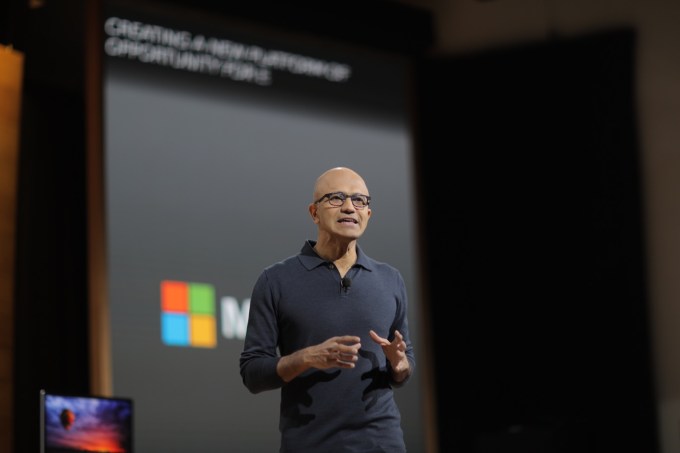I got to the gate just as they closed the door and the plane began to back away.
It was thirty years ago, but I still remember how it felt. I think we’re hard-wired to fear these painful moments of missing out.
Deadlines don’t cause death if missed, but sometimes we persuade ourselves that it’s almost as bad. As a result, marketers and others that want us to take action invent cliffs, slamming doors and loud buzzers.
We put a rope at door, a timer on the clock and focus on scarcity and the fear of missing out. And as a result, consumers and students and co-workers wait for the signals, prioritizing their lives around the next urgency.
When everything is focused on the deadline, there’s little time to work on the things that are actually important.
When we build our lives around ‘what’s due’ we sacrifice our agency to the priorities and urgencies of everyone else.
More important is the bigger issue: Time is running out.
For all the things you might want to experience, not merely the ones that are about to leave the gate.
Time is running out for you to level up or connect or to be generous to someone who really needs you.
Time is running out for you to become the person you've decided to be, to make the difference you seek to make, to produce the work you know you're capable of.
Set your own buzzer.

from Seth Godin's Blog on marketing, tribes and respect http://feeds.feedblitz.com/~/265277388/0/sethsblog~Missed-it-by-that-much.html
 Microsoft CEO Satya Nadella has already weighed in on Donald Trump’s January 27 executive order on refugees in a LinkedIn post, but now the company has made public additional thoughts on the subject from its top executive. On its official corporate blog, Microsoft shared an answer provided by Nadella during a corporate Q&A regarding the order and Microsoft’s stance on the… Read More
Microsoft CEO Satya Nadella has already weighed in on Donald Trump’s January 27 executive order on refugees in a LinkedIn post, but now the company has made public additional thoughts on the subject from its top executive. On its official corporate blog, Microsoft shared an answer provided by Nadella during a corporate Q&A regarding the order and Microsoft’s stance on the… Read More Amazon CEO Jeff Bezos has come out strongly against the executive order issued by Donald Trump regarding immigration and blocking certain refugees from entering the U.S. Amazon had previously expressed support for employees affected by the order in an email from HR VP Beth Galetti, but the new message from Bezos expresses opposition to the executive order in general, and also details steps…
Amazon CEO Jeff Bezos has come out strongly against the executive order issued by Donald Trump regarding immigration and blocking certain refugees from entering the U.S. Amazon had previously expressed support for employees affected by the order in an email from HR VP Beth Galetti, but the new message from Bezos expresses opposition to the executive order in general, and also details steps…  Washington Attorney General Bob Ferguson announced Monday that he’s filing suit in federal court against Trump, the Department of Homeland Security and select senior Trump administration officials, seeking a declaration that key portions of Trump’s Executive Order on immigration be declared unconstitutional. Alongside the lawsuit, Washington-based tech companies Amazon and…
Washington Attorney General Bob Ferguson announced Monday that he’s filing suit in federal court against Trump, the Department of Homeland Security and select senior Trump administration officials, seeking a declaration that key portions of Trump’s Executive Order on immigration be declared unconstitutional. Alongside the lawsuit, Washington-based tech companies Amazon and…  Microsoft reported financials for its fiscal second quarter today, posting earnings of $0.83 per share on $26.1 billion in revenue. That compares with Wall Street’s forecast of $0.79 per share on revenue of $25.3 billion for the quarter, and earnings of $0.78 per share on revenue of $25.7 billion a year ago.
Microsoft reported financials for its fiscal second quarter today, posting earnings of $0.83 per share on $26.1 billion in revenue. That compares with Wall Street’s forecast of $0.79 per share on revenue of $25.3 billion for the quarter, and earnings of $0.78 per share on revenue of $25.7 billion a year ago.  TechCrunch is pleased to offer Microsoft Accelerator’s London Demo Day today at 4:00 p.m. GMT, 8:00 a.m. PST. The Microsoft Accelerator is a six-month program aimed at helping entrepreneurs scale to global markets. There are seven accelerators located around the world, from Seattle to Beijing, from London to Tel-Aviv. The Microsoft Accelerator in London has a diverse mix of…
TechCrunch is pleased to offer Microsoft Accelerator’s London Demo Day today at 4:00 p.m. GMT, 8:00 a.m. PST. The Microsoft Accelerator is a six-month program aimed at helping entrepreneurs scale to global markets. There are seven accelerators located around the world, from Seattle to Beijing, from London to Tel-Aviv. The Microsoft Accelerator in London has a diverse mix of…